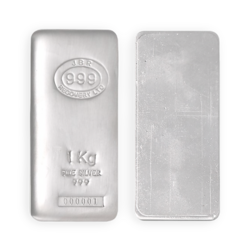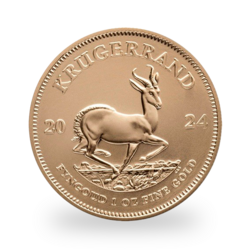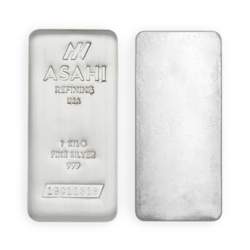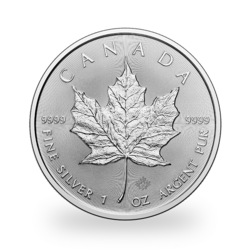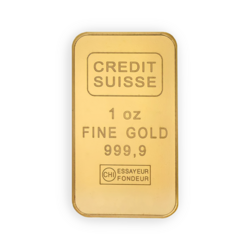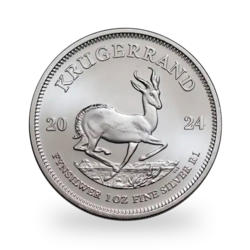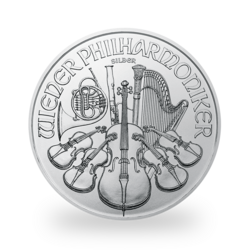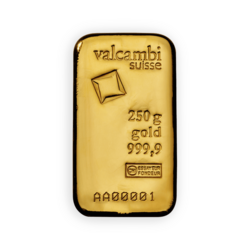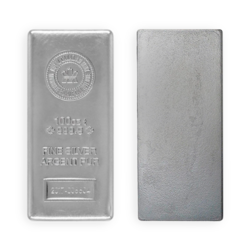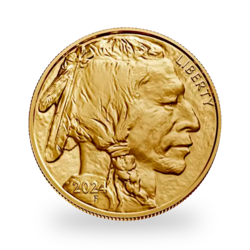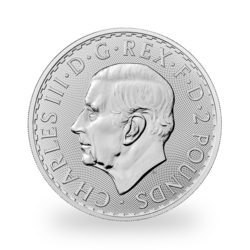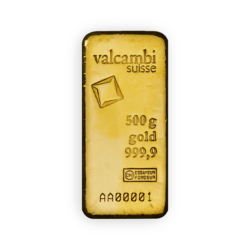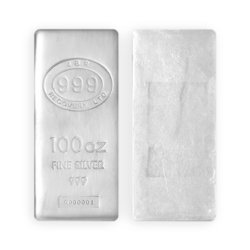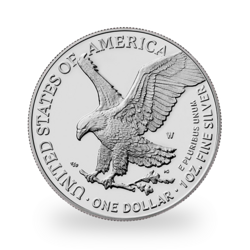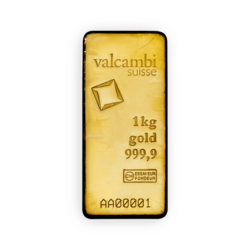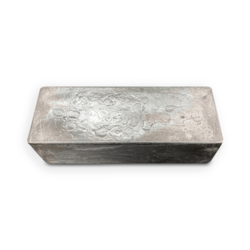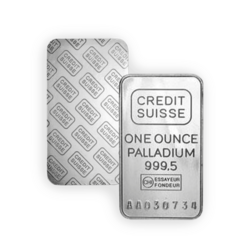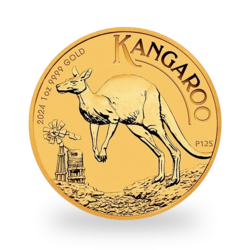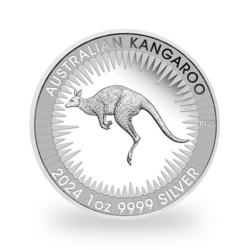Gold price fixing manipulation goes mainstream on public TV channel 3sat, a cooperation between Germany, Austria and Switzerland. This documentary exposes "an examination of gold prices reveals machinations fit for a financial thriller."
Eva Schmidt: Good evening and welcome to Makro, your business magazine. Many people purchase gold as a safe haven, or as insurance against bad times. That is why people were lining up at gold dealers at the height of the 2008 crisis. Gold, throughout history, has always represented reliability and stability. But today many people doubt that it is still so, especially when what one can find out by examining the gold prices sheds some light on some shenanigans you’d expect to read in a financial thriller.
Narrator: London, the most important gold market in the world. Here is where the price of gold is determined. Twice a day, through a conference call, a few bankers get together to fix the daily price of gold. This constitutes the most important benchmark for the value of physical gold, and it is used by all sorts of businesses, from jewellers to gold mines. And this « fixing » is not subjected to any public oversight. And it would seem that this lack of restraint paved the way to some very serious manipulations of the price of gold, as demonstrated by a current investigation. They have detected many strange price movements that have been going on for many years.
Rosa Abrantes-Metz: The setting of the gold fixing is, in my view, problematic. It opens the door for abuse and manipulation. There is absolutely no transparency in the arrangements made during the private phone conversations of this small group of participants as they decide what the price of gold should be.
Narrator: For a long time, experts have complained that this process is flagrantly open to manipulation. There are only five banks participating in the London gold fix, including (as of yet) the Deutsche Bank. In the futures markets, more extreme and volatile, where people bet on the price of gold in the coming months, the amounts traded are much more significant.
Folker Hellmeyer: The situation we have here is that this market is essentially dominated by only three american banks. These three banks have a market share close to 80%. In other words, this is almost a straight monopoly and, of course, it gives them the power to « play » with the market.
Narrator: This power seems to be used abundantly, as a matter of fact. The futures market, intended to bring stability and some predictability to future prices, is all but controlled by these three banks : JP Morgan, HSBC and Citibank. And this is all about paper gold securities.
Thorsten Schulte: These banks can simply engage in selling scraps of paper, thus creating fear, especially for those owning physical gold who could perhaps sell it and eventually create a wave of panic...
Narrator: The gold price has been attacked this same way many times, often with tremendous declines in just a few minutes. But there is much more to this story.
Dimitri Speck: Gold is like the opponent of the currencies, based on debt, and especially the US dollar. Therefore, the Federal Reserve has an interest in keeping the gold price down, and the american government closes its eyes on the private banks’ manipulations of the gold price.
Narrator: For many years, the Fed has served as the « lender of last resort ». In order to maintain confidence in the US dollar, a weak gold price is necessary. Even though it is hard to prove that the game is rigged, the fact that the manipulations are not only condoned but encouraged could explain why the regulators haven’t yet « discovered » anything after all those years of conspicuous criminal-like activities in the gold futures markets and in the London « fix ».
Eva Schmidt: Incidentally, the Deutsche Bank no longer wishes to be part of the London gold fix and, as of now, no other bank has expressed an interest in filling the soon-to-be empty seat. Could be that the banks are worried about damaging their reputation in London. Gold is not only a commodity on which to speculate ; it carries a high symbolic power. Therefore, the price of gold is very much influenced by all sorts of hopes and fears. Here are a few facts on this matter from Makroskop.
Narrator: 31.1 grams is the weight of one ounce of pure gold. The yellow metal is, above all, sought for protection in times of crisis. During the 2008 financial crisis, the price of gold rose quickly, and it now trades for around $1,300 an ounce. But what’s intriguing is that the more there is hope for an end to the global economic slowdown, the more the price of gold declines. The United States government is the largest sovereign gold holder with 261.6 million ounces, or 8,100 metric tonnes, followed by Germany, Italy, France and China. But the largest demand arises from China. The Chinese are accumulating enormous quantities, from gold coins to gold bars. In 2013 they acquired over 1,065.8 tonnes, for the first time surpassing the Indians who bought 974.8 tonnes last year. The largest portion of that demand comes from jewellery. Jewellery sales have tripled in China since 2004, accounting for close to 30% of global demand. Businesses purchased around 400 tonnes, the bulk of it going to the electronic manufacturers for their production. At the same time, China has risen from being a small player in the mining industry to becoming the number one gold producer. Only in the last decade, gold production in China has gone from 217 to 437 tonnes, more than doubling.
Eva Schmidt : Today, the Chinese are setting the course of the gold market. What are the consequences of this around the world ? Let’s talk about that with Bernhard Klinzing, chief editor of the Frankfurter Börsenbrief.
Good evening to you, Mr. Klinzing. It seems that the flow of gold, these days, is from the West to the East, as we’ve just talked about. There are many, many more buyers in Asia than in the West... why is that, do you think ?
Klinzing: One reason would be that China and India, together accounting for at least half of the global gold market, do not provide care for the elderly, which has a different value there. Another factor would be the fear of inflation. It is said that ‘the Chinese are the Germans of Asia’, and so they have a tendency to hoard gold.
Eva Schmidt: We have seen that there is a lot of manipulation on the price of gold. Apparently, some manipulators have backing from high places... Does that make sense to you, or do you see this as a conspiracy theory ?
Klinzing: It makes a lot of sense to me, not based on the Deutsche Bank leaving the London fix, but rather based on what we saw the Americans doing. I really do see that danger, because of a « quasi Edward Snowden » in the person of Paul Roberts, a former US Treasury under-secretary, whos has confirmed that the Federal Reserve, along with a few banks, are trying all they can to keep gold from rising above $1,400 an ounce by constantly providing gold bids which put downward pressure on its price.
Eva Schmidt: Having in mind the toxic loans revealed in the LIBOR scandal or the FOREX markets, do you think that this is just the tip of the iceberg in the gold markets ?
Klinzing: I would say that what we’re seeing now is like a snowball from the iceberg, and there is a lot more hidden undersea. Whenever the banks fix the gold price by as little as ten cents one way or the other, they earn a nice profit. A good example of that would be Goldman Sachs who publishes studies predicting gold will fall to $950 an ounce, all the while increasing their gold position by more than 20%... what gives ? This doesn’t match up.
Eva Schmidt: Can you tell us about some of the consequences for the other market participants ? We now know that the banks are making money, but tell us about the consequences, please.
Klinzing: Sure. Well, there is this reknowned hedge fund manager, William Kaye, who has stated that the german gold is no longer in the Federal Reserve’s vaults, in New York, but has already made its way to China, because the Fed needed that gold for its market manipulation scheme. Needless to say, this is only speculation, or suspicion, and it may sound like a conspiracy theory, but Germany was denied the opportunity to inspect or take samples of its own gold in New York.
Eva Schmidt: Wow ! This is good material for a financial thriller ! I’d like to talk about investors again... Is gold a good investment for, shall we say, the small investor ?
Klinzing: While clearly one should not build a portfolio consisting totally of gold, it constitutes a very attractive addition to a portfolio, letting investors insure the value of their holdings against the risks of currency devaluation. Because if the euro rises, gold loses value, so do not invest all in gold, always invest in a way that is protected by the currencies.
Eva Schmidt: As an investor, how can I do that ?
Klinzing: There exists gold certificates for that purpose, so there is no need for investors to store gold in a vault at home or in their yard. There are several good solutions for that on the financial markets.
Eva Schmidt: And lastly, where do you see the price of gold going from here ?
Klinzing: We can see that the standard of living is rising in China : By 2020, the middle class will have grown from 300 million people to 500 million, and urbanization is growing rapidly. This means that the demand for gold from China and India will increase greatly. While I don’t see gold surpassing $1,400 this year, I expect a significant rally will take place in the years to come.
Eva Schmidt: This was an overview of the gold price from Benhard Klinzing, of the Franfurter Börsenbrief. Thank you for being on the show with us tonight.
Reproduction, in whole or in part, is authorized as long as it includes all the text hyperlinks and a link back to the original source.
The information contained in this article is for information purposes only and does not constitute investment advice or a recommendation to buy or sell.





